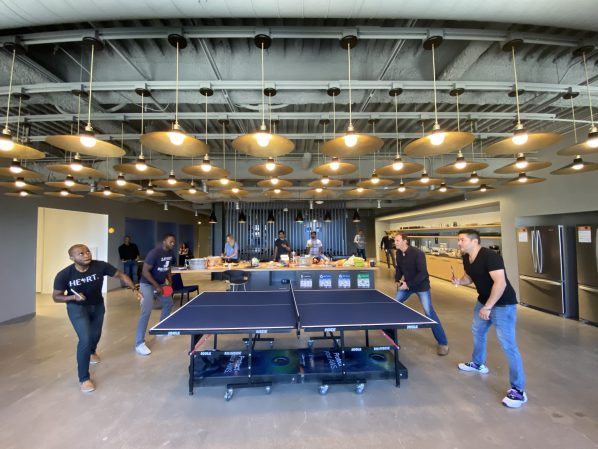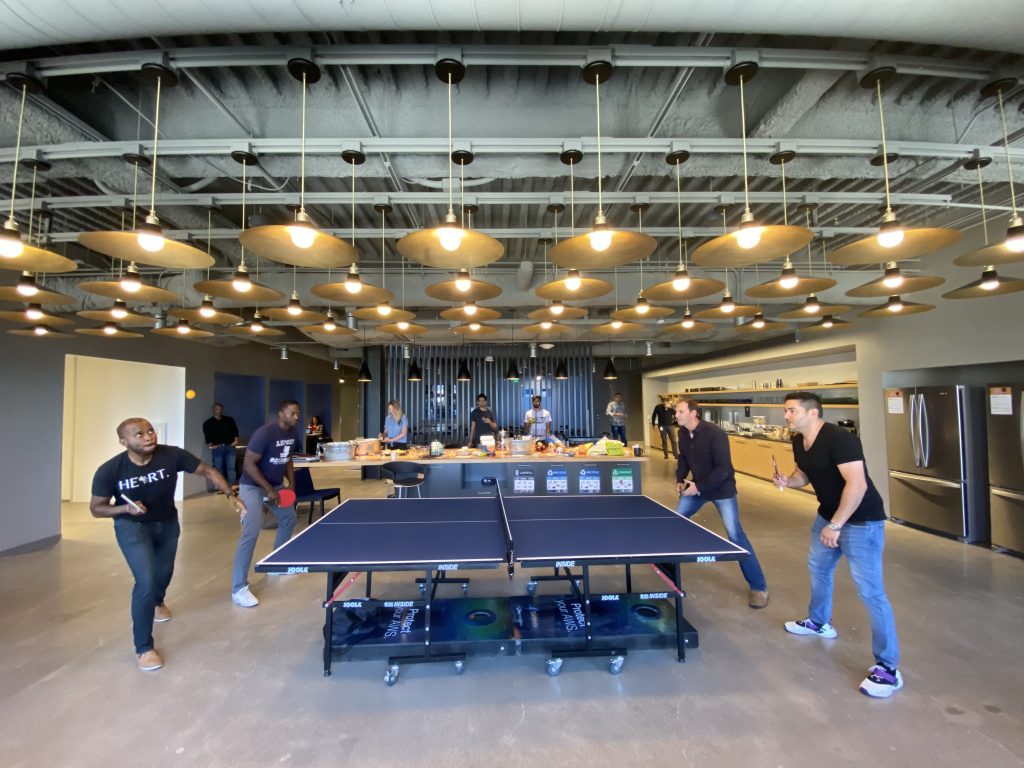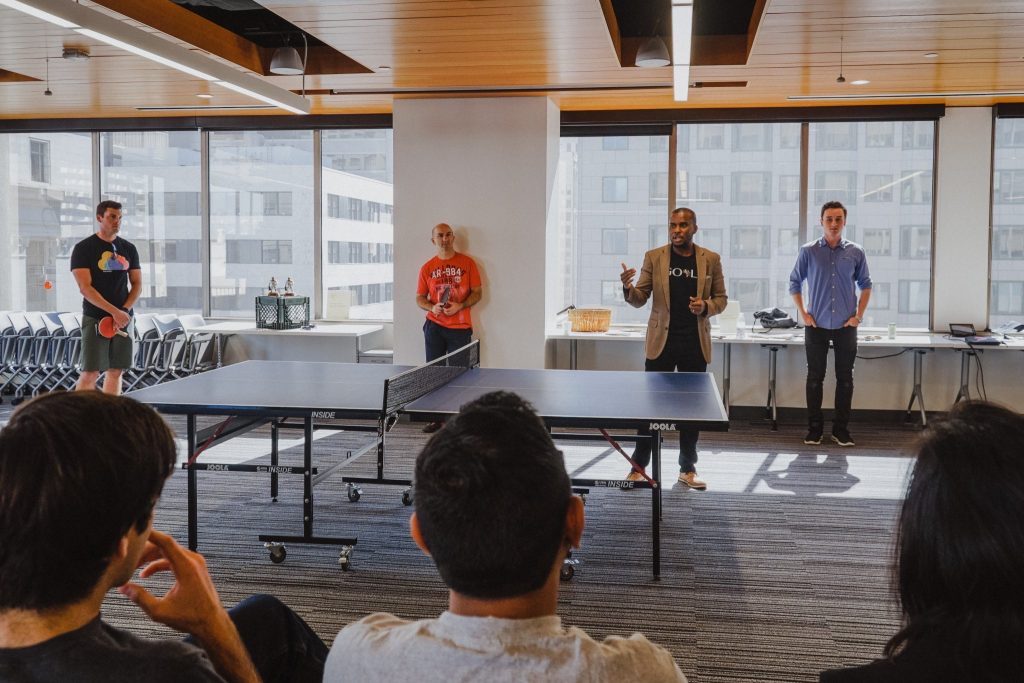Recent research from Gartner finds when B2B buyers are considering a purchase, they spend only 17% of that time meeting with potential suppliers. Further, when buyers are comparing multiple suppliers, the amount of time spent with any one sales rep is only 5% or 6%.
Brent Adamson, the author of The Challenger Sale, shared in a 2017 article that the average number of customer stakeholders involved in a B2B purchasing decision is 6.8, up from 5.4 in 2014.
With a decreasing amount of time spent with suppliers and an increasing number of customer stakeholders involved in a decision, one of the keys to making progress on a complex sales cycle is to find creative ways to add value even when you’re not in the room. To do this, you need a customer champion in the buying organization.
Andy Whyte, the author of MEDDIC, defines a Champion as a person who assists you and has power, influence, and credibility within the buying organization. The champion is not necessarily the final decision-maker. Still, this individual has access to the final decision maker(s) and economic buyer(s) and understands the decision criteria and process.
More importantly, this person has a vested interest in your success which is why “the most critical selling your Champion can do for you is when you are not there.” You win; they win.
If you take nothing from this article, take this: you need someone selling on your behalf when you are not around.

Three Ideas to Empower Your Champion
Educate your champion on the value of your solution. Your champion needs to know your solution’s good, bad, and ugly elements. The more they know, the more they can play defense and offense when you’re not in the room. As part of educating your champion, they must know how your solution is different from your competition. It is very likely your competitor also has a champion, so getting in front of this helps you empower your champion to succeed ahead of other competing champions.
Match your champion to an internal champion within your organization. Your champion needs to know there is a champion within your organization that wants to get a deal done as much as they do. This individual can be your direct Sales Manager, Director, or VP, depending on the size of your company. The key is to align your champion with someone who also has power, influence, and credibility within your company. This internal champion could serve as an escalation path to help remove blockers when they arise, which is bound to happen in a complex sales cycle.
Connect your Champion to trusted third-party stakeholders. If it’s an expansion or renewal opportunity, start with internal stakeholders within the buying organization who can advocate for your company. These internal advocates add credibility when you are not in the room. If it is a new prospect and there are no existing relationships, connect your champion to champions at other companies. The key here is for your champion to hear from a trusted third party. The more relevant the third-party connection is to their business and industry, the more impactful the conversation will be to them.
Godspeed selling!


 taught me about selling
taught me about selling

 ) the game established a foundation for a healthy relationship that continues to blossom. This executive has become a friend and continues to inspire me to improve my game in business and life. He even kindly donated to a table tennis charity tournament I helped organize to raise money for
) the game established a foundation for a healthy relationship that continues to blossom. This executive has become a friend and continues to inspire me to improve my game in business and life. He even kindly donated to a table tennis charity tournament I helped organize to raise money for 
